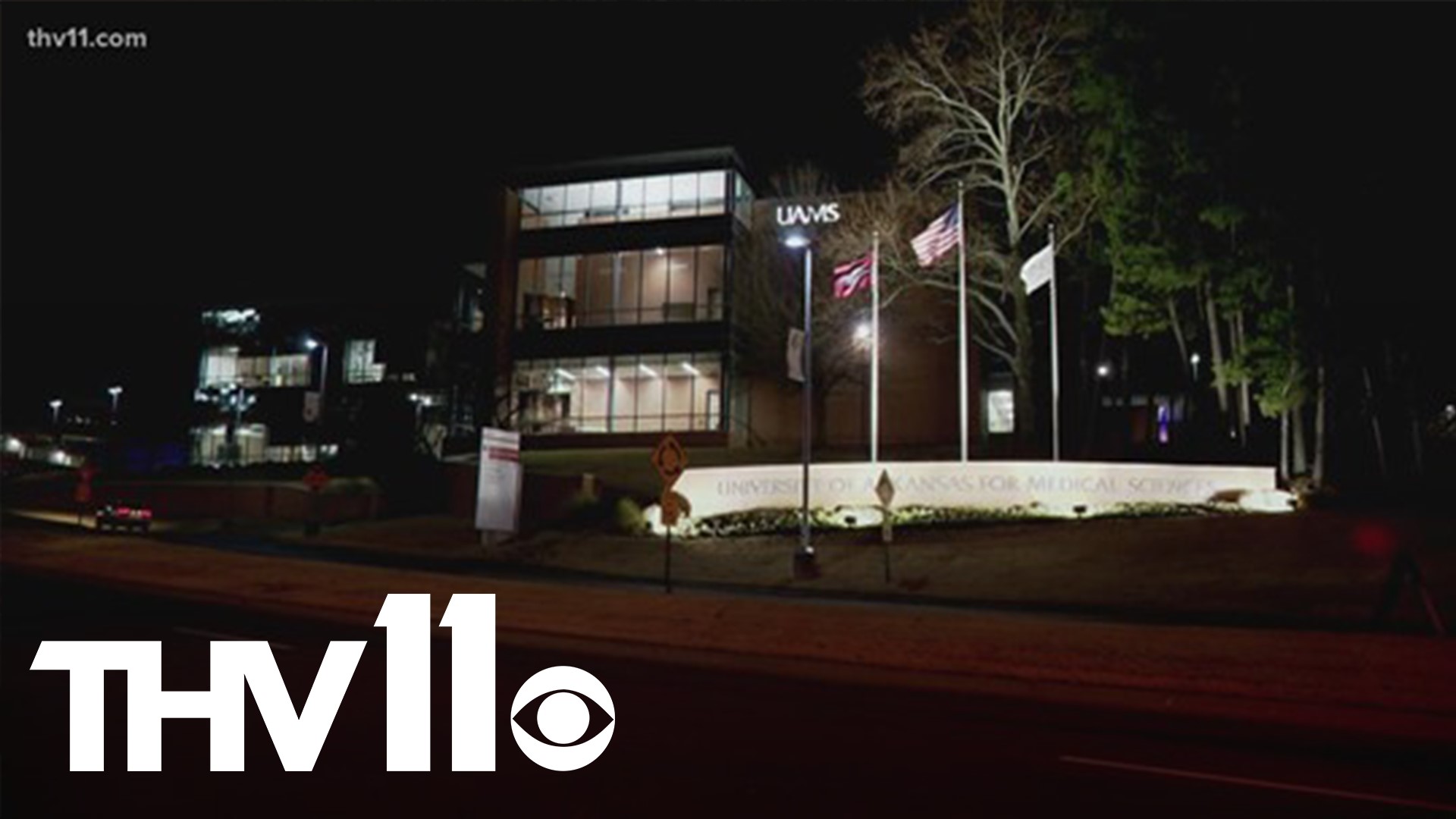LITTLE ROCK, Ark. — Channing Barker is among the millions diagnosed with Multiple Sclerosis, or MS.
"You know, living with a chronic illness during a pandemic is not ideal," Barker said. "It affects my ability to walk [and] it affects my ability to speak clearly."
Because of that, she has to visit a doctor's office for an infusion therapy treatment twice every year.
In just two weeks, Barker contracted the Omicron variant and that made life a bit more difficult.
"I had to reschedule my treatment because I have to wait four weeks out from a booster [shot] or from the time I have COVID to get my infusion," Barker said.
Treatments like these are often used for patients battling chronic illnesses, such as kidney disease.
"We are now back to only doing telemedicine because the pandemic numbers have become so bad once again," said Dr. Kevin Heifner, a kidney doctor and nephrologist in Little Rock.
He said the reason for this is simple.
"We deal with a lot of high-risk, very ill people and that's just not worth the risk of bringing them to the office," Heifner said.
While he said he does not have a staffing shortage, the biggest problem is workers fatigued, even to the point of exhaustion.
"Is there a mental strain? Absolutely. Are doctors and nurses, many of them at a breaking point? Yes," Heifner said.
Dr. Jonathan Laryea is a professor of surgery, chief of colorectal surgery, and the medical director for the cancer service line at the University of Arkansas for Medical Sciences.
He said his office, like many others, is dealing with staff shortages.
"A lot of it has to do with, you know, people getting exposed, having to quarantine," Laryea said.
He adds that it has been a struggle for the clinic and its patients.
"I had to convert half of my clinic to virtual visits because we're short of nurses," Laryea said.
Both doctors said, despite these pandemic problems, they have not considered closing their offices completely.
For people like Barker who rely heavily on these services, she is grateful for that.
"Everybody has a lot of hard things having to do right now, even in this, you know, surge of Omicron and I'm super thankful for the doctors and nurses," Barker said.
Omicron may already be peaking in some U.S. states and cases could start to decline in Arkansas within the next few weeks.
When that happens, Heifner said he will allow in-person visits again, while still keeping telehealth services open.

